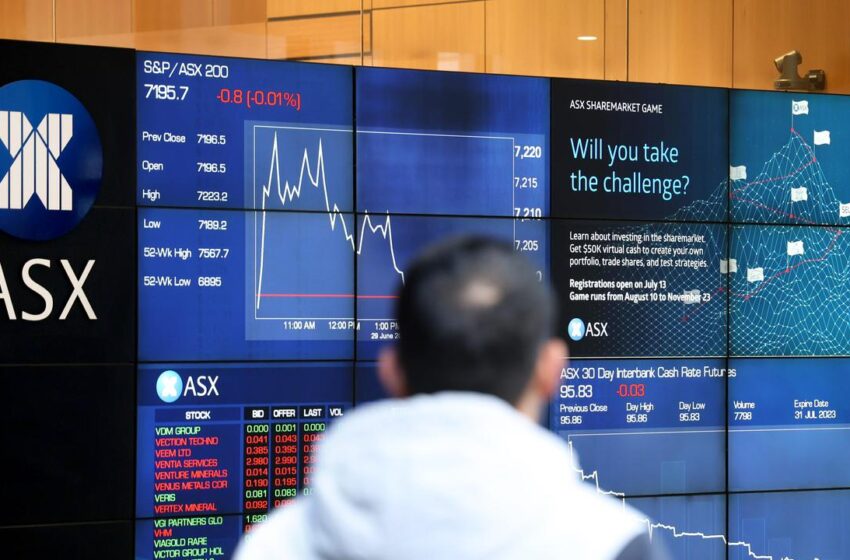
globalbizmag.com
Australia’s New Investors Looking to Invest in ETFs, Study Shows
More Australians are investing in assets other than their primary residence and there has been a wave of new investors emerging and a growing interest in investments such as Exchange Traded Funds (ETFs) since 2020, according to an investor survey conducted by Australian Exchange (ASX).
The survey entitled “Australian Investor Study 2023” interviewed 5,500 adults in Australia, over half own investments outside of super and their primary residential property, putting the number of investors in Australia at 10.2 million.
There are 1.84 million lapsed investors, and a further 8 million who have never invested outside their super or their home, the findings revealed.
Amon the prospective intending investors, there is an equal split between males and females among those intending to invest in the next 12 months. The average income among Australian adults has increased by around 6% since 2020, and the median portfolio size of investors has grown by around 30%. In fact, 2023 has seen the highest number of on-exchange investors since 2010.
“While shares are the most popular on-exchange investment, ETFs have grown in popularity and one in five on-exchange investors started investing during the pandemic and the majority investors reported that their portfolios were smaller than $100,000,” the study said.
Most Australian investors are also working towards medium-term financial goals such as going on holiday, paying off debt and getting finances in order. They were most focused on investments that can build a sustainable income stream.
Potential returns, risk and personal circumstances were the most important considerations among investors for 2023. Most investors look for stable, reliable returns. Among the non-self-managed superannuation fund (SMSF) investors, Next gen and wealth accumulators were most likely to want to set up an SMSF in the future, the study said.
Since the last ASX Australian Investor Study in 2020, more Australians became investors and they are investing in assets and financial products other than their primary residence and superannuation (excluding SMSF).
Out of the total population of 20.04 million adults, the ASX survey revealed that 51% of the adult population or 10.2 million Australians now hold other types of investments, including investments held personally or in SMSFs, trusts and company structures. This is an increase of 13% or 1.2 million investors since 2020. The COVID-19 pandemic may be behind at least some of this push towards new investment.
ASX Carbon Exchange
Meanwhile, the ASX, in collaboration with the state-owned Clean Energy Regulator (CER) will explore the development of a carbon exchange. The ASX intends to operate the Australian Carbon Exchange in a way similar to a securities exchange where Australian carbon credit units (ACCUs) can be traded, cleared and settled.
From 2024, ASX and CER will engage industry representatives to identify a solution that can meet the needs of the Australian market and undertake a feasibility study on delivering that solution.
The analysis will include assessing whether the identified solution can be supported under the existing regulatory framework for ACCUs or if changes are required.
The Australian Carbon Exchange will facilitate the trade of Australian carbon credit units (ACCUs). It will integrate with a new and improved Unit & Certificate Register, allowing for choice within the market and increasing innovation.
The project will make participating in Australia’s carbon markets both cheaper and easier. It will increase market transparency and accessibility around the trade of ACCUs and potentially other units in the future. The carbon market will play an important role in helping Australia meet its 2030 and 2050 emissions reduction targets in a cost-effective way.
“Demand for carbon credits continues to increase with government policy focused on emissions levels and corporates seeking to develop compliance measures and meet both regulated and voluntary emissions targets over the coming years,” says ASX managing director and CEO Helen Lofthouse.
“ASX is supportive of efforts to decarbonise the Australian economy and we are excited to be undertaking this work with the CER,” Helen added.















